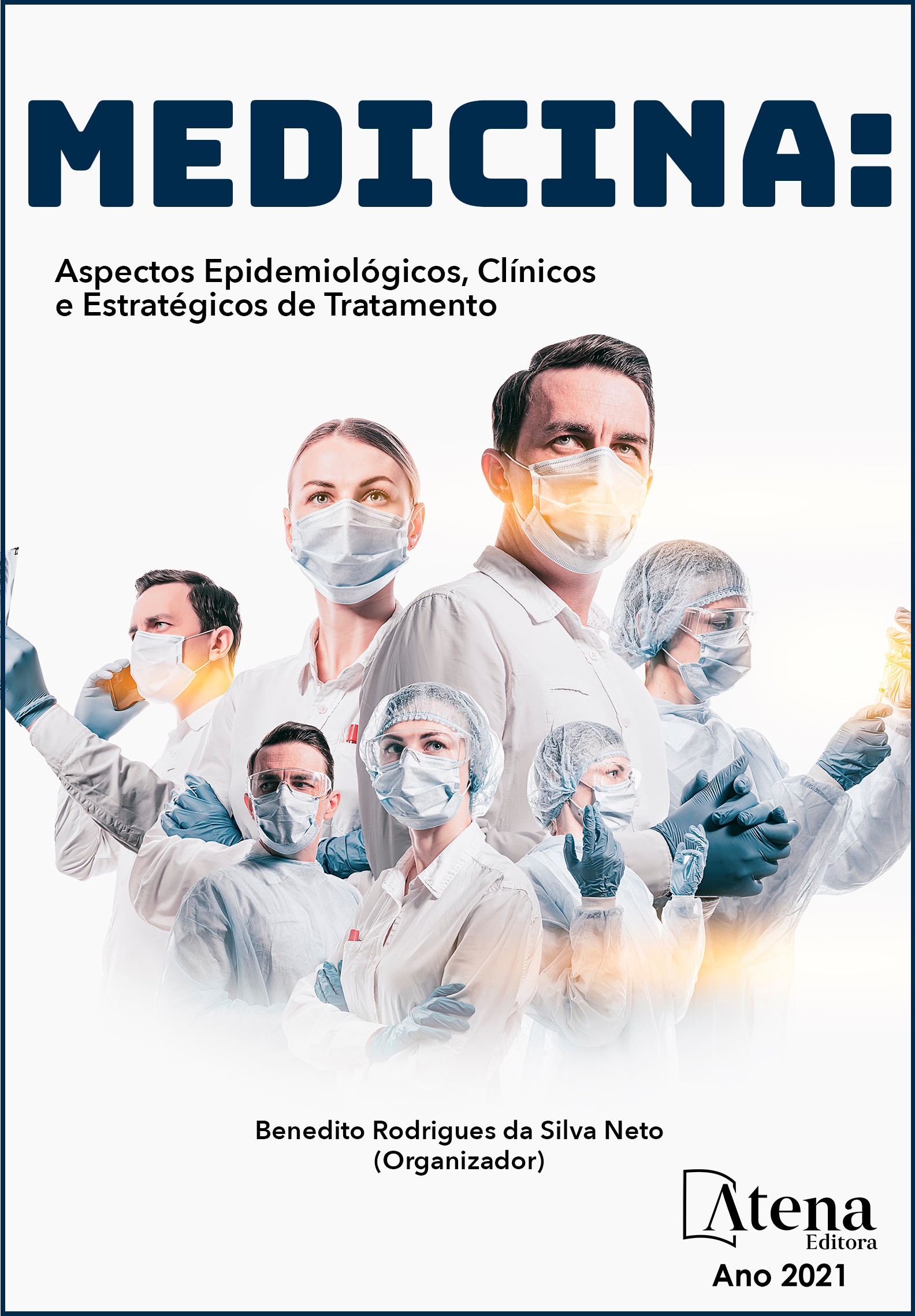
ALOIMUNIZAÇÃO ERITROCITÁRIA EM PACIENTES ATENDIDOS NO HOSPITAL DE CLÍNICAS DE UBERLÂNDIA, MINAS GERAIS, BRASIL
O objetivo do estudo foi avaliar a frequência de aloimunização em pacientes que receberam transfusão de hemácias na Agência Transfusional do Hospital de Clínicas de Uberlândia. Foi realizada uma análise retrospectiva de corte observacional entre o período de 2014 à 2019 dos pacientes aloimunizados, sendo avaliado a frequência de sexo, faixa etária, tipo sanguíneo, anticorpos irregulares identificados, número de transfusões e doença de base. Um total de 480 pacientes apresentou anticorpos irregulares, com taxa de aloimunização de 5,19%. Pacientes do sexo feminino tiveram maior frequência (67,3%), sendo os grupos sanguíneos Rh e Kell os mais imunogênicos, com taxas de 51,7% e 12%, respectivamente. Múltiplos anticorpos foram encontrados em 47% dos pacientes. Pacientes em tratamento oncológico foram o grupo com maior frequência de aloimunização (27,68%). Em conclusão, os pacientes transfundidos provavelmente formarão aloanticorpos em cada transfusão. A implementação da técnica de identificação irregular de anticorpos em testes pré-transfusionais e imunofenotipagem de hemácias em receptores evitam a ocorrência de aloimunização de hemácias e reações hemolíticas.
ALOIMUNIZAÇÃO ERITROCITÁRIA EM PACIENTES ATENDIDOS NO HOSPITAL DE CLÍNICAS DE UBERLÂNDIA, MINAS GERAIS, BRASIL
-
DOI: 10.22533/at.ed.6192114053
-
Palavras-chave: Aloimunização, Anticorpo irregular, Transfusão sanguínea, Imunofenotipagem
-
Keywords: Alloimmunization, Irregular antibody, Blood transfusion, Immunophenotyping
-
Abstract:
This study aimed to analyze the frequency of alloimmunization in patients who received red blood cell transfusions at the Transfusion Agency of the Hospital de Clínicas de Uberlândia. A retrospective analysis of the observational cut was performed between the periods 2014 to 2019 of alloimmunized patients, in which the frequency of sex, age group, blood type, identified irregular antibody, number of transfusions and underlying disease, were evaluated. A total of 480 patients showed irregular antibodies, with a red blood cell alloimmunization rate of 5.19%. Female patients had a higher frequency (67.3%), with blood groups Rh and Kell being the most immunogenic, with a rate of 51.7% and 12%, respectively. Multiple antibodies were found in 47% of patients. Patients undergoing oncological treatment were the group with the highest frequency of alloimmunization (27.68%). In conclusion, transfused patients are likely to form red blood cell alloantibodies with each transfusion. The implementation of the irregular antibody identification technique in pre-transfusion tests and red blood cell immunophenotyping in recipients prevents the occurrence of red blood cell alloimmunization and hemolytic reactions.
-
Número de páginas: 18
- Aline Akemi Segatti Ido
- Mário Cézar de Oliveira


